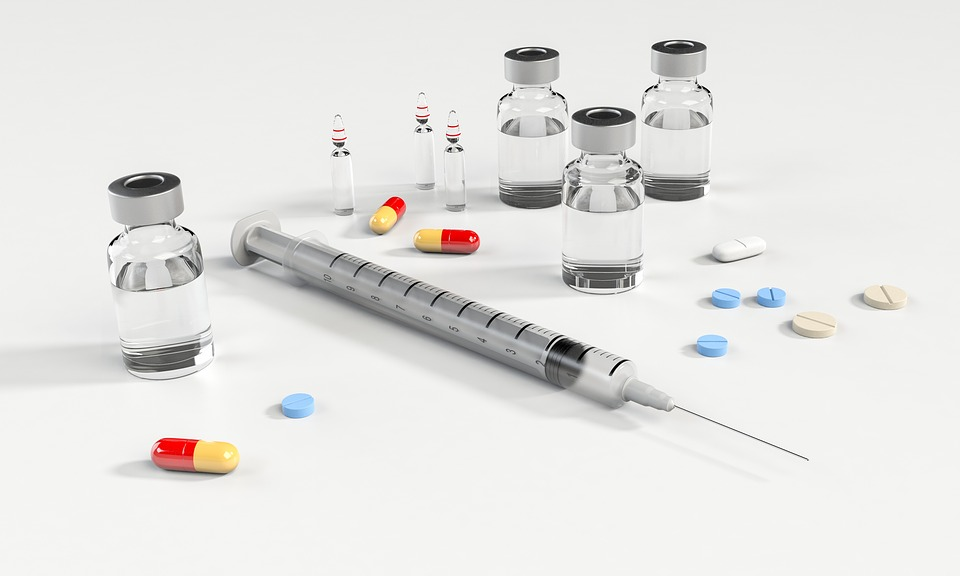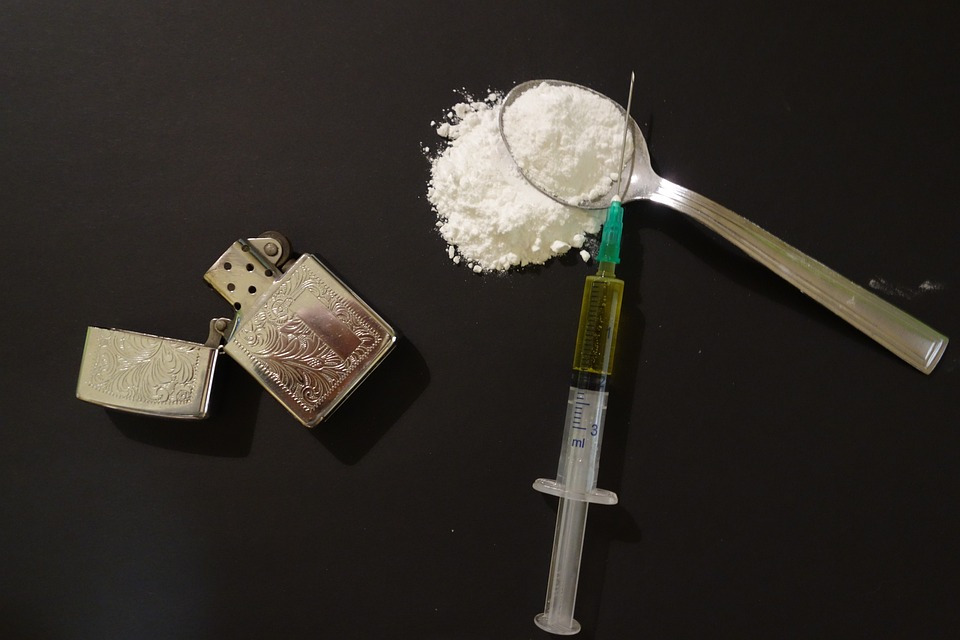What if you could find hope for your loved one sooner rather than later? You’ve likely heard horror stories about landing in rehab later rather than sooner. However, the drug rehab process isn’t so cut and dry.
In fact, getting early treatment can be a happy development in your life.
Many people find a newfound clarity after they complete their rehab program. However, it’s up to you as a loved one to make this happen. You can ease the entire process even beyond the first step of checkpoint recovery.
Read on to learn more about the drug rehab process.
Assessment and Detoxification
The process of drug addiction recovery starts with assessment and detoxification. First of all, specialists evaluate the physical and psychological status of the patient in order to provide the most adequate and healthy treatment approach.
Following this evaluation, a detox or detoxification phase begins, which is the medical process of eliminating all toxins from the body, in order to prepare the patient to begin recovery. During detox, patients may receive medications and supplements to reduce withdrawal symptoms and cravings.
Also, counseling and group therapies are used to reduce cravings and to teach coping skills which will help during future recovery. The detox period can last for as much as a week and is essential for the start of a successful drug rehabilitation process.
Management of Symptoms and Withdrawal
The Drug Rehab Process includes the management of symptoms and the withdrawal process. This includes a gradual reduction in drug usage, through the help of medical personnel and the monitored administration of medications.
Doctors may prescribe medications to reduce cravings, manage depression and other psychiatric disorders, and help cope with any physical or psychological withdrawal symptoms.
The duration of the detox and withdrawal process is based on the amount of drug initially used, as well as the individual’s overall health and tolerance. During the process, patients receive daily support from the staff of the rehabs in Florida and participate in group meetings, therapy sessions, and physical activities. Once a patient successfully completes the detox phase, they move on to the rehabilitation phase, which focuses on promoting healthy coping skills and lifestyle choices.
During the rehabilitation process, patients are supported in the development of personalized treatment plans that include continued relapse prevention strategies, medication management, and long-term follow-up care.
Therapeutic Treatment Options
The drug rehab process begins with an assessment to evaluate the individual’s addiction. This may include questions about past drug use and physical and psychological condition. After the assessment is complete, the individual is enrolled in a treatment program.
This program typically includes a combination of therapeutic treatments such as one-on-one counseling, support groups, cognitive-behavioral therapies, family interventions, and holistic health practices. The individual may also receive medical care and medications to help with any medical issues related to addiction.
Throughout the course of treatment, the individual’s progress is closely monitored. After completing a successful treatment program, the individual is typically provided with aftercare planning and a safe place to live, work, and go to school.
Treatment programs often include continuing education and activities to help support recovery and better equip the individual to handle life stressors.
Cognitive-Behavioral Therapy
In drug rehab, the process largely depends on the type of treatment a person is undergoing. Generally speaking, it starts with a medically supervised detox for those in need of it. Following that, patients often receive an array of medical, therapeutic, and educational interventions such as Cognitive Behavioral Therapy (CBT).
This type of therapy places an emphasis on identifying, understanding, and changing unhealthy behavior patterns. During therapy sessions, patients receive professional advice, counseling, and guidance.
Group sessions are also held so drug users can learn better communication and problem-solving skills, regulate their emotions, and gain self-awareness. Also, patients may undergo treatments such as Tai Chi, Yoga, and Acupuncture to help them with their addiction.
At the end of the program, the patient is encouraged to continue pursuing recovery and maintaining sobriety.
Aftercare Strategies for Relapse Prevention
The drug rehab process begins with an initial assessment which typically includes physical and mental health screenings. This is done to determine which therapies and services are best suited to treating an individual’s condition. After detox, therapy is often the central piece of treatment in drug rehab. This includes individual, group, family, and/or trauma-informed therapies.
During the course of treatment, a treatment team works with the individual to create a comprehensive aftercare plan. This plan consists of various strategies for relapse prevention, such as continuing to attend therapy sessions and participating in 12-step meetings.
It could also include setting goals, developing a community of support, and making lifestyle changes to nourish the body and mind.
Once an individual completes rehab, they can continue to use these strategies, such as establishing a balanced healthy routine, setting goals and making healthy choices, and having a support system of friends and family to ensure their continued abstinence from substance abuse.
Types of Rehab Programs
There are many types of rehab programs that can be used to help individuals overcome addiction and/or cope with mental health issues.
Cognitive-Behavioral Therapy (CBT)
Cognitive Behavioral Therapy (CBT) is a type of rehab program that focuses on identifying the therapeutic approach that addresses a person’s thoughts, feelings, and behaviors. It seeks to understand how negative patterns of thought contribute to problems associated with addiction and then uses strategies to make positive changes.
It can help an individual develop more adaptive beliefs, cope with triggers and cravings, and learn how to recognize thoughts that lead to problematic behaviors.
Dialectical Behavior Therapy (DBT)
Dialectical Behavior Therapy (DBT) is one of the most popular programs for those struggling with mental health. DBT focuses on skills that help individuals manage difficult emotions and decrease self-injurious behaviors along with maladaptive thoughts and actions.
DBT encourages individuals to accept themselves as they are while focusing on the change they are able to make in their behaviors, thoughts, or emotions.
Trauma-Informed Therapy (TFT)
This type of therapy helps individuals process the feelings associated with the trauma and also provides them with the skills and tools to cope with their trauma and work through their emotions. It is an essential component of many rehab programs as it can help individuals heal from the psychological damage caused by their trauma.
By dealing with individual feelings, traumas, and underlying issues, clients are able to better understand the cause of their traumatic experience, transition to the healing process, and ultimately receive proper treatment.

The drug rehab process can be challenging and exhausting. However, if done correctly, it can also be incredibly rewarding. Reaching sobriety is not easy, but with the right program and support, it is achievable.
With this in mind, taking the first step to seek help is key. Contact a reputable facility today to learn more about the rehabilitation process.

